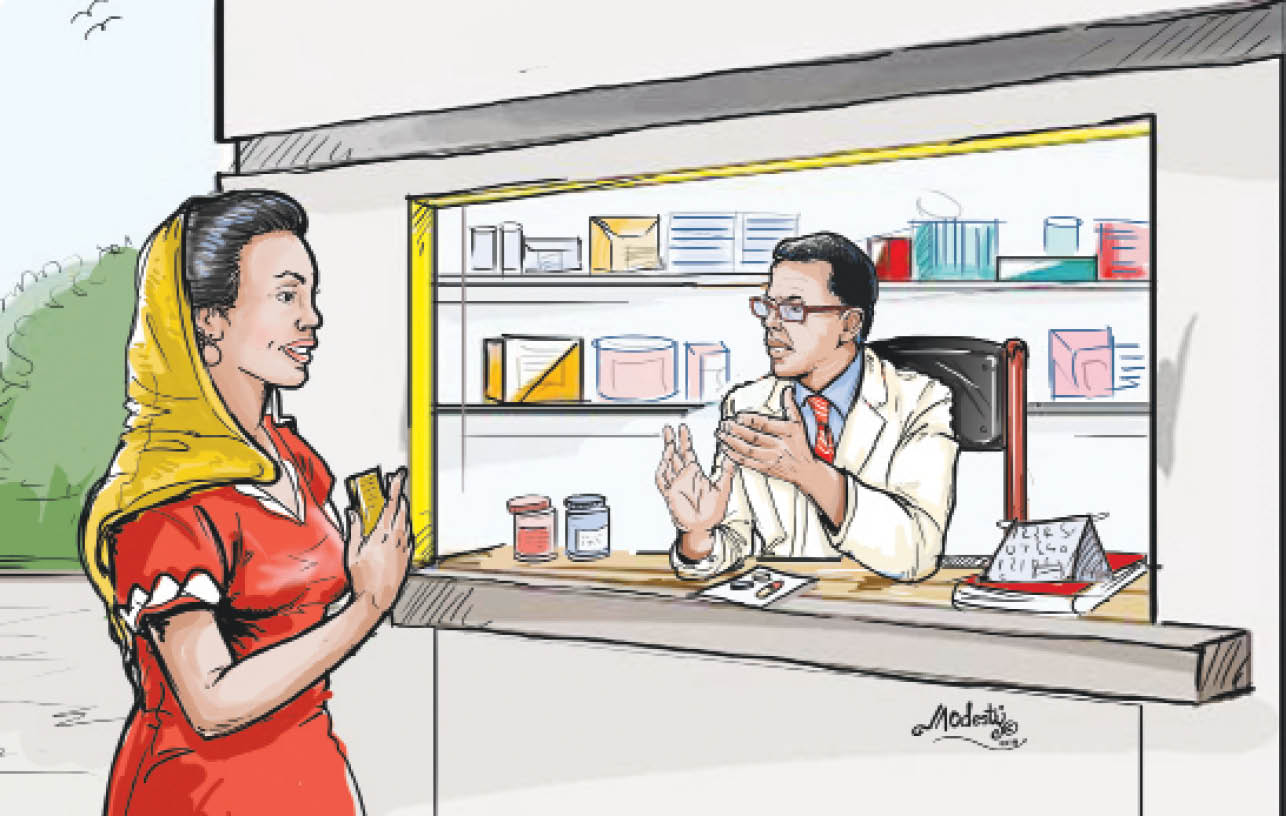Pharmacy council seals 531 illegal premises in FCT
The Pharmacy Council of Nigeria (PCN) has sealed 531 illegal premises in the Federal Capital Territory (FCT) between Monday and Thursday. Director Enforcement of PCN, Pharm. Stephen Esumobi, disclosed this Friday while briefing newsmen in Abuja. He said 90 pharmacies, 144 patent medicine shops and 297 illegal medicine shops were sealed out of a total […]

The Pharmacy Council of Nigeria (PCN) has sealed 531 illegal premises in the Federal Capital Territory (FCT) between Monday and Thursday.
Director Enforcement of PCN, Pharm. Stephen Esumobi, disclosed this Friday while briefing newsmen in Abuja.
He said 90 pharmacies, 144 patent medicine shops and 297 illegal medicine shops were sealed out of a total of 908 premises visited during the enforcement exercise that commenced on 24th June.
He said they were sealed for offences ranging from operating without registration with the PCN, non-renewal of premises certificate, stocking and sale of medicines above the approved medicine list for patent medicine vendors.
Others are wholesalers carrying out retail activities, patent medicine shops engaging in clinical practice , poor documentation, poor storage facilities, stocking of ethical products without supervision of a pharmacist, superintendent pharmacists not residing in the FCT to properly supervise pharmaceutical activities within the premises, non- pharmacist having access to poison cupboard and in some cases dispensing substances of abuse in the absence of the pharmacist among others.
He said five compliance directives were also issued during the exercise.
Esumobi said, “It is necessary to state here that some premises that were licensed were sealed because they were found to be carrying out activities that impact negatively on public health. For example, we have seen cases where licensed patent medicine shops administer drugs with narrow margins of safety through the intravenous route in unhygienic environments.”
He said these vendors do not have the knowledge of the appropriate doses to be administered and how to handle the adverse reactions that could occur from the administration of such drugs neither do they have facilities to mitigate their effects.
“Those medicines are to be administered only in hospitals,” he said.
He added that the PCN would continue to do all within its power to ensure that members of the public access medicines that will deliver optimal therapeutic benefits to them with minimal risks.
